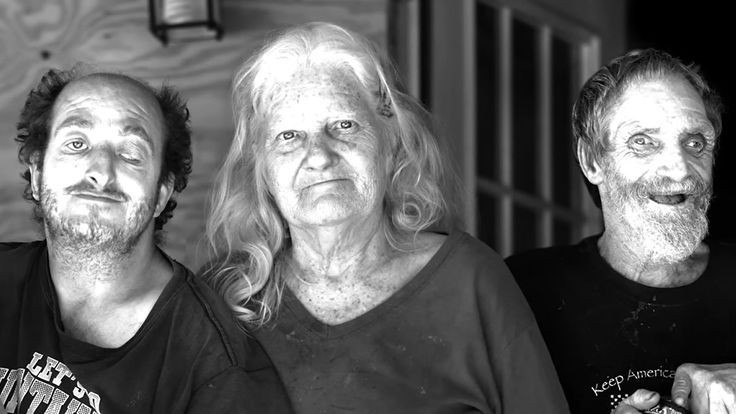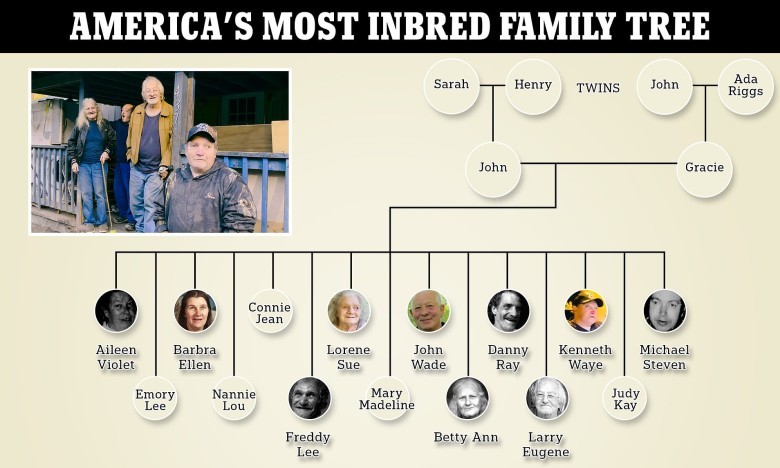views

The Whittaker Family: A Tragic Legacy in Rural America
Hidden deep within the secluded hills of rural West Virginia resides the Whittaker family, a name that has, regrettably, become synonymous with one of America's most profound and heartbreaking examples of generational inbreeding. Their story is a stark, unsettling narrative of isolation, genetic consequence, and the complex dynamics of a community that both protects and struggles with their unique existence.
The origins of the Whittaker family's severe genetic challenges trace back generations, rooted in a lineage that began with identical twin brothers, Henry and John Whittaker. In a time and place where geographical isolation and limited social circles often led to marriages within close familial lines, the unthinkable occurred: their children married each other. This initial act of consanguinity set in motion a devastating cycle, with subsequent generations continuing to intermarry, compounding the genetic vulnerabilities with each passing decade.
The visible and profound impact of this sustained inbreeding is tragically evident in many of the Whittaker descendants. Instances of severe physical and cognitive impairments are widespread. Among the most recognized members of the family is Ray Whittaker, whose unique form of communication has drawn both public fascination and deep concern. Ray is non-verbal, communicating primarily through grunts and barks rather than spoken words. While no formal diagnosis has been publicly confirmed, his behavior is widely believed to be a direct manifestation of profound genetic damage, possibly indicative of a severe form of non-verbal autism or other developmental disorders stemming from the family's extreme genetic bottleneck.
Hidden in the hills of West Virginia lives the Whittaker family — often called America's most inbred family.
— Creepy.org (@creepydotorg) May 18, 2025
It began generations ago with identical twin brothers, Henry and John Whittaker. Their children married each other, and the cycle of inbreeding continued, leading to… pic.twitter.com/y1h7hIREls
Despite the intense public scrutiny and the often-uncomfortable spotlight cast upon them, the Whittakers live a remarkably quiet and sheltered existence. They are fiercely protected by their small, tight-knit rural community, a testament to the deep-seated loyalty and compassion that often flourishes in isolated areas. Neighbors and local residents, who have known the family for decades, often act as guardians, shielding them from intrusive outsiders and providing essential support. This protective embrace, while ensuring the family's safety, also reinforces their isolation, creating a paradox where their well-being is intertwined with the very conditions that led to their unique challenges.

The Whittaker family's story is more than just a case study in genetics; it's a poignant human drama that forces us to confront uncomfortable truths about social isolation, historical circumstances, and the enduring, often tragic, consequences of choices made generations ago. It stands as a somber reminder of the delicate balance of human genetics and the profound impact of environment and lineage on individual lives.




















Comments
0 comment